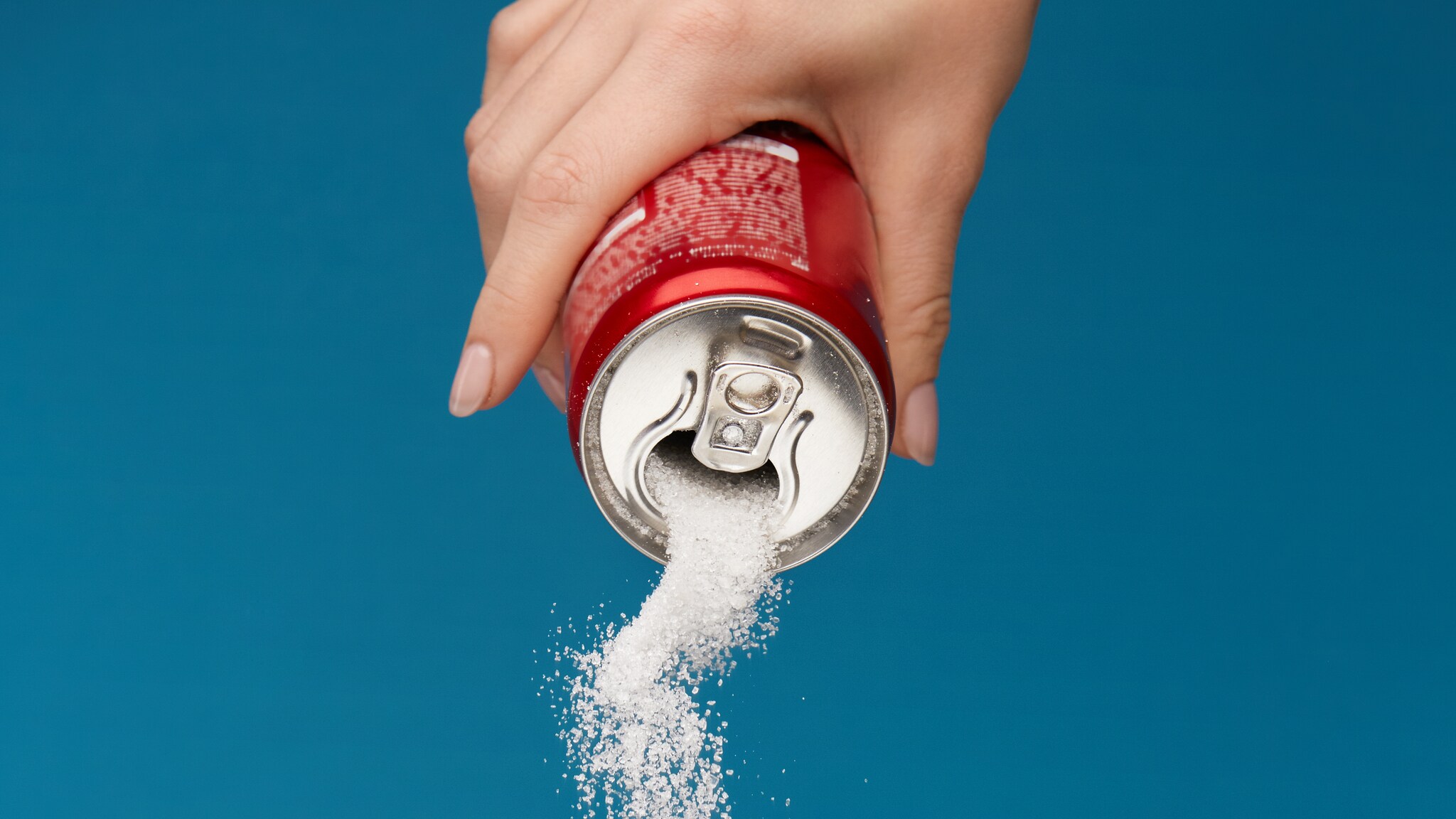At a glance
Healthy eating is all about balance. Infants can begin eating complementary foods around 6 months. For children 6 months and older, some foods and drinks are not safe. Some foods and drinks are less healthy choices.

Foods to avoid or limit
Honey before 12 months
Honey given to children younger than 12 months may cause a severe food poisoning called botulism. Do not give your child honey before 12 months. Do not add honey to your baby's food, water, infant formula, or pacifier.
Foods with added sugars
Infants and young children should avoid added sugars. Foods with added sugars can include:
- Muffins.
- Flavored yogurts.
- Cookies.
Check the Nutrition Facts Label to find foods with no added sugars.
Foods high in salt
Avoid feeding foods high in salt (sodium) to young children. These foods may include:
- Some canned foods (choose low sodium or no salt added).
- Processed meats (for example, lunch meats, sausages, hot dogs, ham).
- Some frozen dinners.
Some snack foods and store-bought packaged foods for toddlers are high in sodium. Check the Nutrition Facts Label to find foods with less sodium.
Fish high in mercury
Avoid feeding fish high in mercury to young children. These fish include:
- King mackerel.
- Marlin.
- Orange roughy.
- Shark.
- Swordfish.
- Tilefish (from the Gulf of Mexico).
- Bigeye tuna.
Before serving fish caught by family and friends, check for fish and shellfish advisories.
Mercury can harm the brain and nervous system if a person is exposed to too much of it over time. While limiting mercury in children's diets is important, many types of fish:
- Are lower in mercury.
- Have important nutrients that support brain development and the immune system.
- Support a healthy diet.
Learn more about which fish to avoid and which to choose to best support your child's brain and nervous system development.
Unpasteurized drinks or foods
Unpasteurized drinks or foods—such as unpasteurized juices, milk, yogurt, or cheeses—may put your child at risk for harmful bacteria that can cause severe diarrhea. Do not give your child unpasteurized drinks or foods such as:
- Unpasteurized juice.
- Unpasteurized milk (often called raw milk).
- Unpasteurized yogurt.
- Unpasteurized cheeses.
Drinks to avoid or limit
Sugar-sweetened drinks
Sugar-sweetened drinks (or sugary drinks) contain added sugars. They may include:
- Soda, soft drinks, cola, or pop.
- Flavored milk.
- Sports drinks.
- Flavored water with sugar.
- Juice drinks.
These drinks are different from 100% juice. Children younger than 24 months should avoid added sugars.
Cow's milk before 12-months old
Giving cow's milk to your baby before 12 months may put them at risk for intestinal bleeding. Cow's milk also has too many proteins and minerals for your baby's kidneys to handle easily. In addition, cow's milk does not have the right amount of nutrients your baby needs.
Juice before 12 months
Children younger than 12 months should not drink any fruit or vegetable juice. Juice after 12 months is unnecessary, but 4 ounces or less of 100% juice daily can be provided. Check the Nutrition Facts Label to make sure the juice is 100% juice. Fruit drinks, fruit-flavored drinks, and juice drinks have added sugars and should be avoided. Whole fruits are healthier options for your child than fruit juices.
Caffeinated drinks
Children younger than 24 months (2 years) should avoid caffeinated drinks, such as soft drinks, tea, coffee, and sports drinks. There is no established safe limit of caffeine for young children.
These are just examples of foods and drinks. The lists do not include all possible foods and drinks to avoid or limit. Talk with your child’s doctor or nurse if you have more questions about which foods or drinks to avoid or limit.